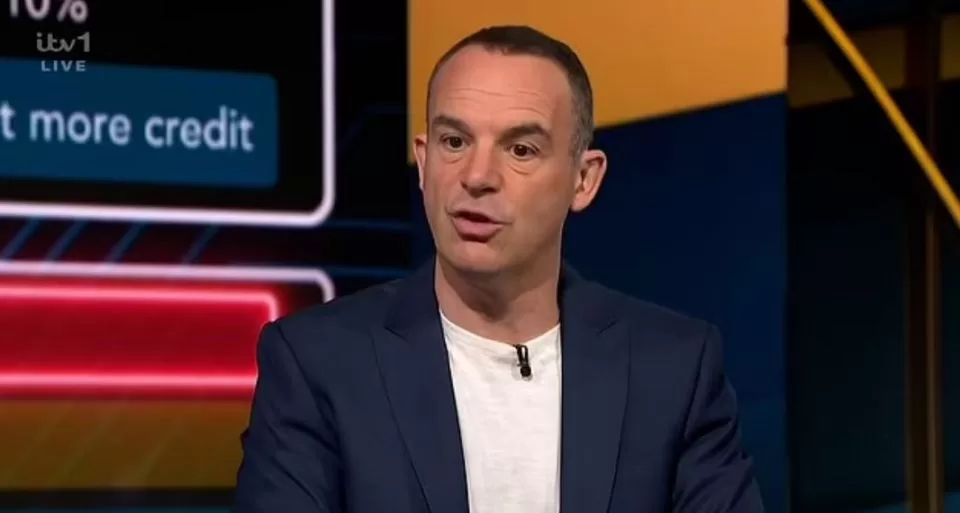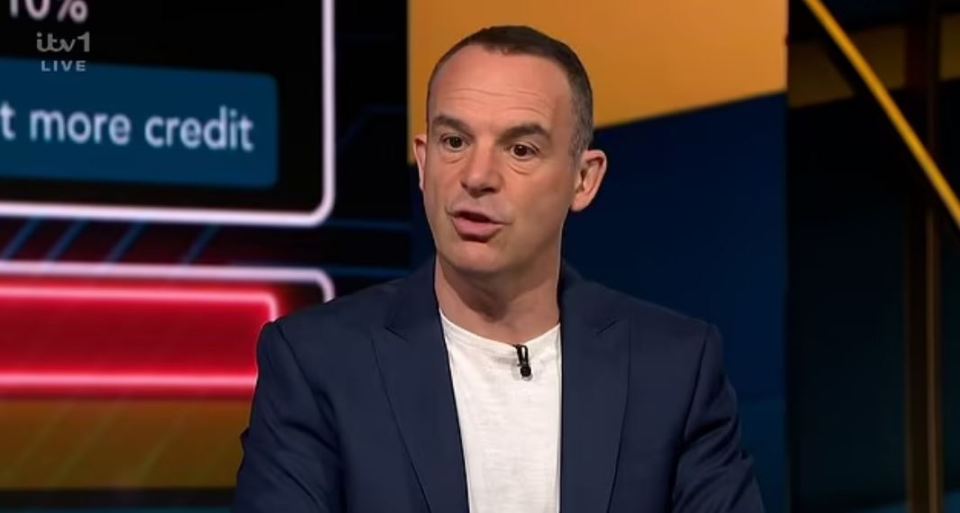MARTIN Lewis has explained why your credit score “isn’t real” and shared “the holy trinity” of measures lenders use to assess you.
The famed money saving expert shared the surprising nugget on an episode of ITV‘s Martin Lewis Money Show Live.
It came after an audience member asked: “What is the most important factor in determining your credit score?”
In response, Martin debunked the concept of a singular credit score, explaining that each person actually has multiple ratings.
He said: “You don’t have a credit score. You don’t have one.
“There is no single number that dictates if a lender will accept you.
“Each individual lender scores you differently based on it own wish list – not just about risk but what is profitable as a customer.”
He added that companies claiming to tell you your credit score are simply estimating how lenders may respond to your profile based on the measures available to them – which differ from agency to agency.
“The credit reference agencies market a credit scoring tool but it is just their idea, a rough example, of how a typical lender may look at you,” he said.
“It isn’t rock solid, it isn’t official.”
In a response to another audience member, who was worried that his credit score had dropped, Martin said: “Do not sweat small changes in your credit score – it is just an indicator, it isn’t real.”
Instead, the 52-year-old recommended instead considering the “holy trinity” of measures that make you a favourable customer for lenders.
The first measure lenders use is debt ratio, he explained.
This is simply the amount of debt you owe as a percentage of your annual income – with low debt and a high salary scoring the highest.
Martin explained: “Say you’ve only got a £10,000 credit card, you earn £40,000 – that is a 25 per cent debt ratio. Lower is better.”
However, having no debt at all isn’t good either, he added.
This is because the companies like to see that you are using it – and being able to pay it off.
He said: “If you have a debt ratio of under one percent, that can actually be negative, especially if you have very few debt products.
“One way round this is you get yourself a cashback credit card that you are spending every month but you’re paying off in full.”
The next measure, Martin explained, is credit utilisation – meaning the amount of your available debt that you actually use.
So someone with a £1,000 credit limit but who is only £100 in debt has a 10 per cent credit utilisation.
Martin Lewis’ career so far

Financial journalist and presenter Martin Lewis has had a career spanning three decades.
He’s a familiar face on television, appearing on various shows for ITV.
Let’s take a look at some of Martin’s most notable achievements so far.
- MoneySavingExpert.com: Martin founded this finance information website in February 2003. It is intended to provide information on ways for people to save money. Money Supermarket bought the site in September 2012, with Martin taking on a executive chairman role.
- The Martin Lewis Money Show: Debuting in September 2012, this current affairs show covers personal finance. It is presented by Martin and a co-host. Initially, this was Saira Khan but more recently, Angelica Bell has stepped into the role.
- This Morning: Martin has appeared on the daytime show since 2007. He serves as the programme’s Financial expert.
- Good Morning Britain: Similarly, Martin fulfils a role as Money Saving Expert on ITV’s Good Morning Britain. He first joined the programme in 2021.
To boost this, he recommended using less of your overdraft limit – or even, while it may seen counterintuitive, increasing your credit.
But, he reassured viewers that a high credit utilisation is only really a problem when paired with a low debt ratio.
Moving on to the final measure, Martin explained that the more disposal income you have, the more attractive you will be to lenders.
However, aside from what he called the “big three”, the financial expert also had one more measure to share.
He stressed that your credit file – a record of all your financial products – should be spick and span.
This means checking for mistakes – whether it’s missing payments or even an incorrectly listed address – on a regular basis.
He said: “I want you to go through these reports, line by line, even small errors can mean rejection.
“If you’ve got an old mobile phone contract that’s closed, but it’s linked to the wrong address, that could kibosh a mortgage deal.”
The three credit reference agencies, Equifax, Experian and Transunion, all hold separate credit files for each person.
Before you make an application, like for a mortgage, you should request a copy of your file from all three to iron out any mistakes.

